The Centers for Disease Control and Prevention's Advisory Committee on Immunization Practices (ACIP) has rescheduled a meeting for December 4 and 5 to discuss the federal childhood vaccine schedule, despite concerns over the qualifications and views of its new members. A Federal Register notice released on Thursday stated that the meeting will include discussions on vaccine safety, the childhood and adolescent immunization schedule, and hepatitis B vaccines, with a vote on the latter expected.
According to sources, the meeting was initially scheduled for October but was put on hold due to the government shutdown. The notice provided little information beyond the agenda items, but it confirmed that the panel will revisit the contentious issue of hepatitis B vaccines. The ACIP typically consists of preeminent vaccine experts, but in June, Health Secretary Robert F. Kennedy summarily fired all 17 experts on the panel and replaced them with 12 new members, most of whom have questionable qualifications and espouse anti-vaccine views.
Critics of the new panel have expressed concerns over its composition and the potential implications for public health policy. "This is a disastrous development for public health," said Dr. Peter Hotez, a vaccine expert and professor at Baylor College of Medicine. "The ACIP is supposed to be a trusted source of advice on vaccine policy, but with this new panel, I fear we're going to see a lot of misinformation and bad science being presented as fact."
The background for this development lies in the June appointment of Robert F. Kennedy as Health Secretary, who has been a vocal critic of vaccine policies. Kennedy's appointment has been seen as a move to undermine the CDC's authority on vaccine issues and to promote alternative views on vaccine safety and efficacy.
In addition to concerns over the panel's composition, some experts have also raised questions about the potential impact on vaccine uptake and public health outcomes. "If the ACIP starts to recommend changes to the vaccine schedule based on flawed science, it could have serious consequences for public health," said Dr. Paul Offit, a pediatrician and vaccine expert at Children's Hospital of Philadelphia. "We've seen what happens when people don't get vaccinated – outbreaks of preventable diseases, hospitalizations, and even deaths."
The ACIP meeting is scheduled to take place on December 4 and 5, and it remains to be seen how the new panel will approach the discussion of vaccine safety and the childhood immunization schedule. As the meeting approaches, experts and advocates are urging the public to stay informed and to speak out against any attempts to undermine the science-based approach to vaccine policy.
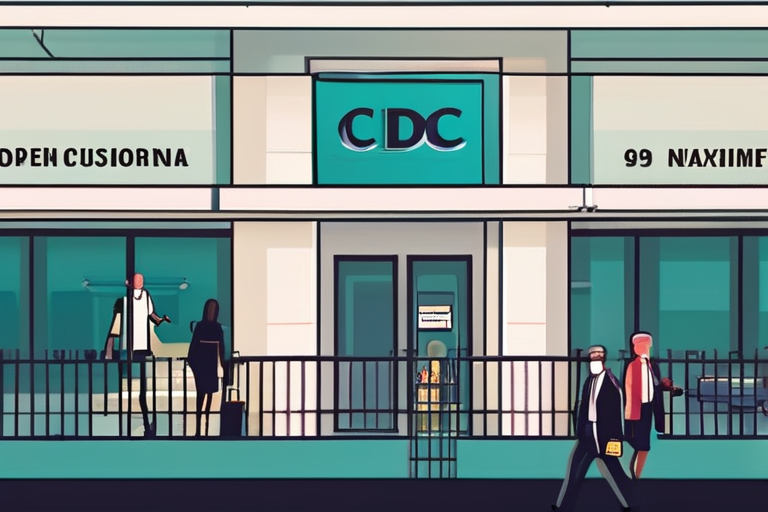


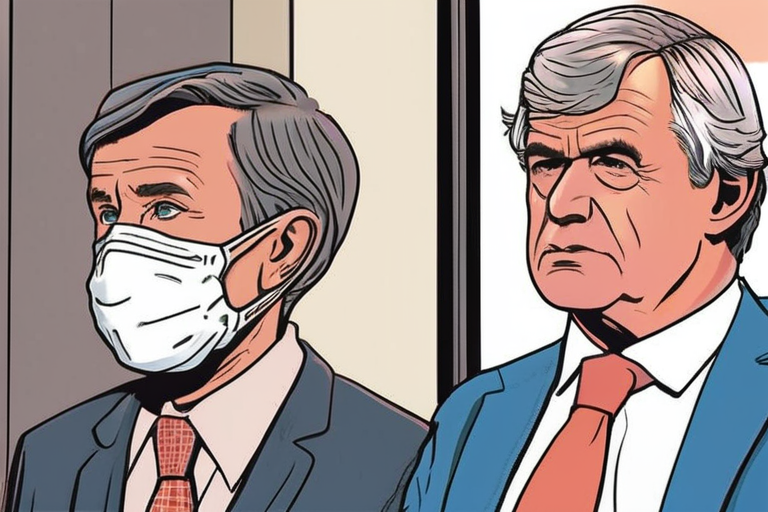
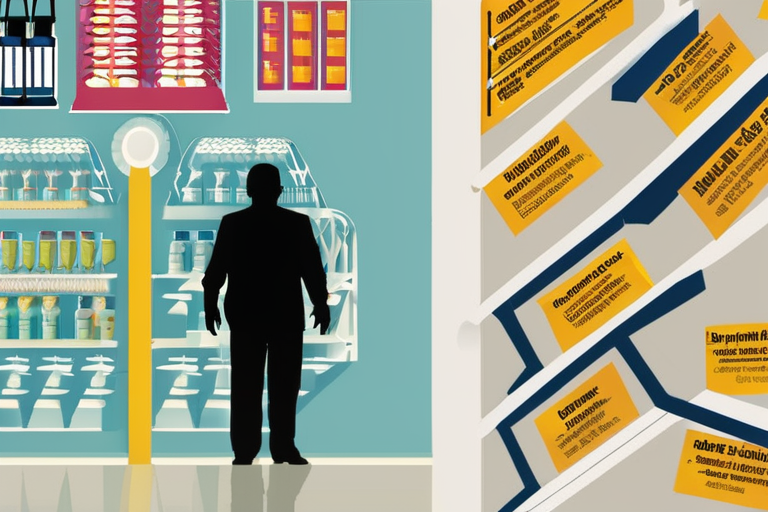

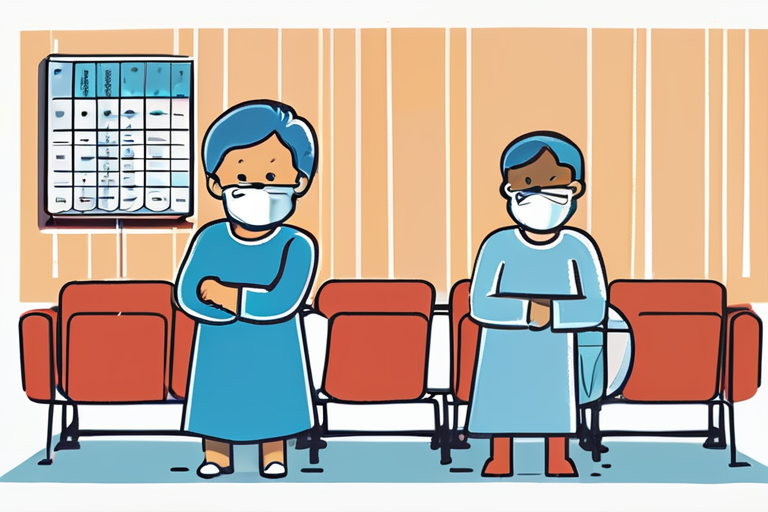

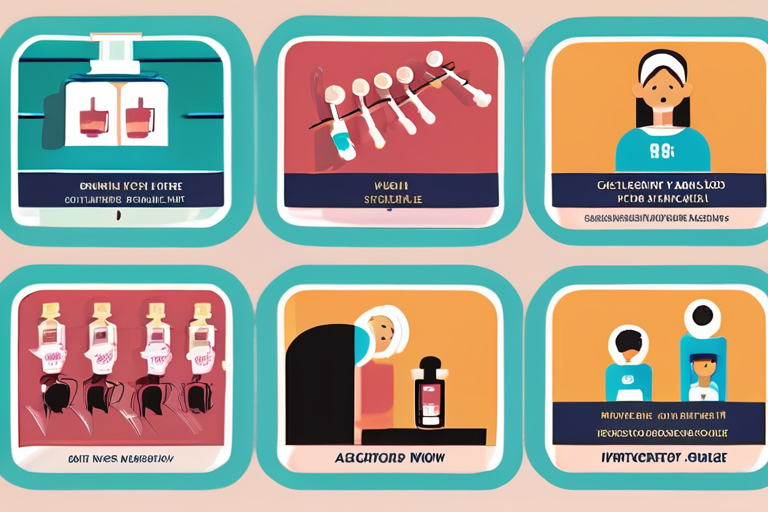

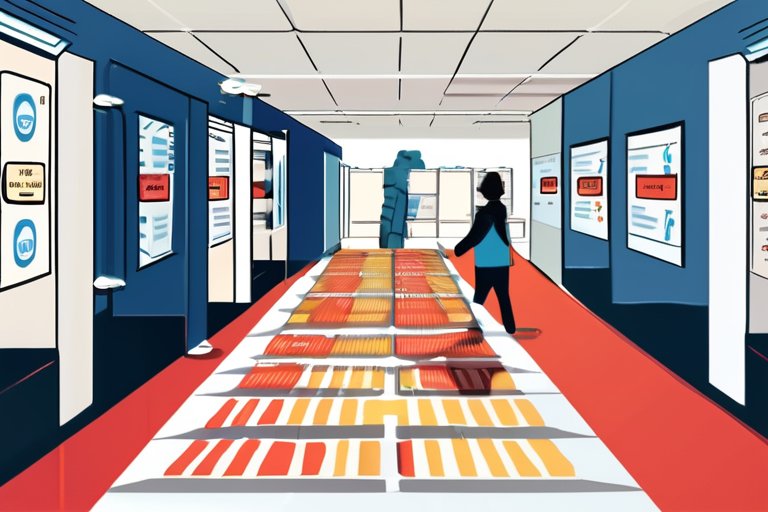
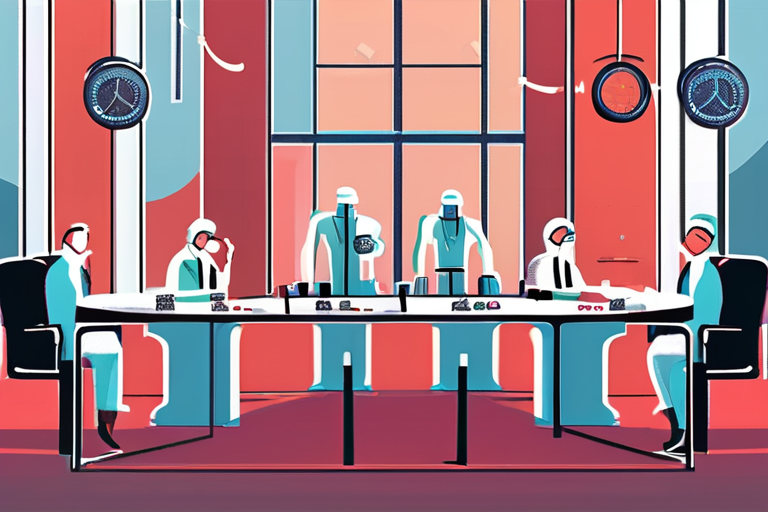


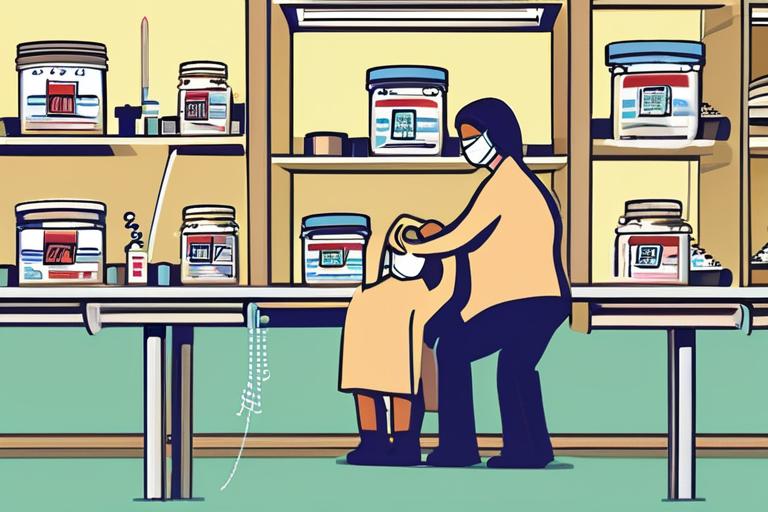
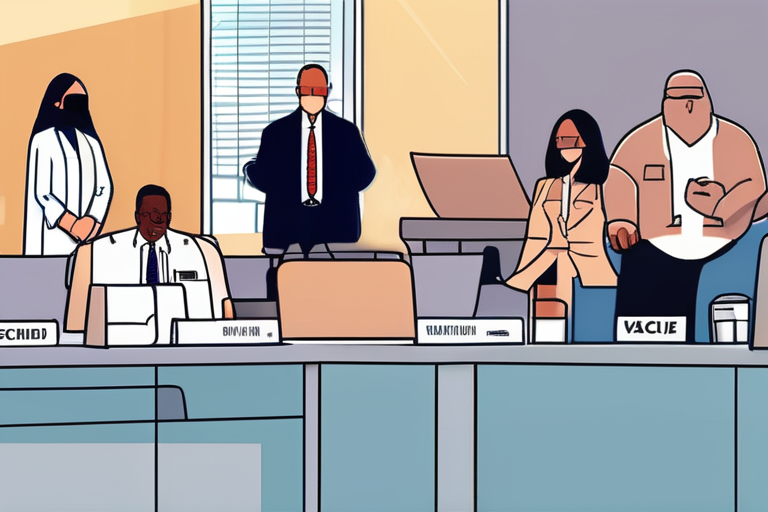

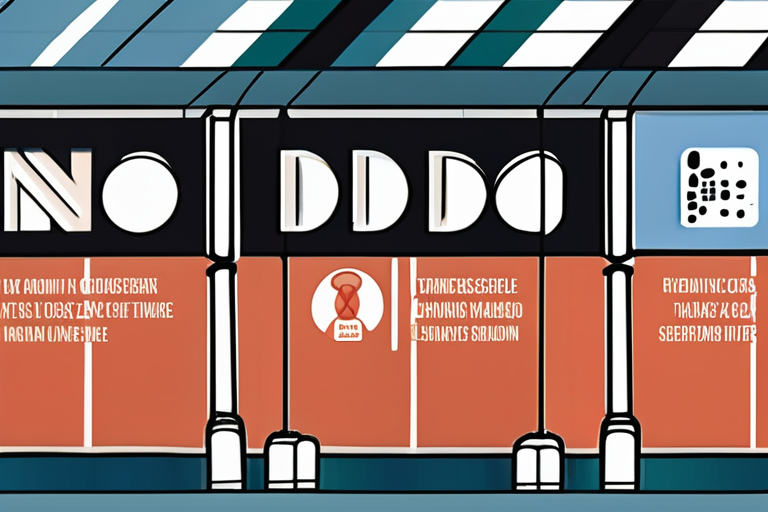
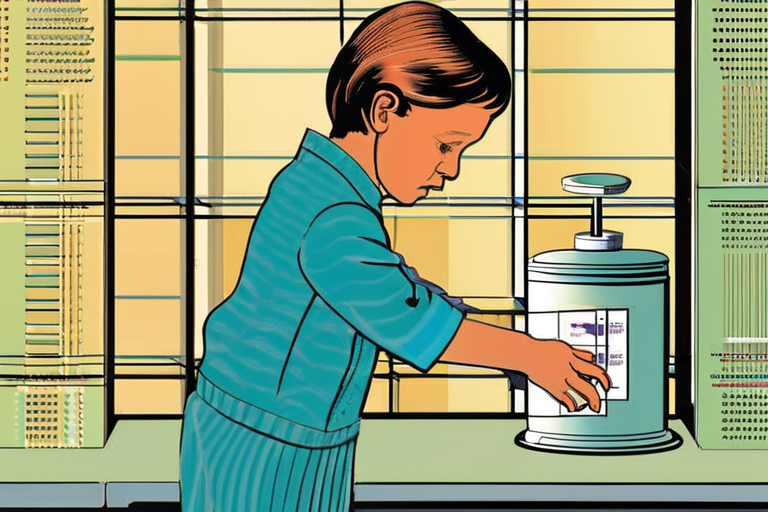
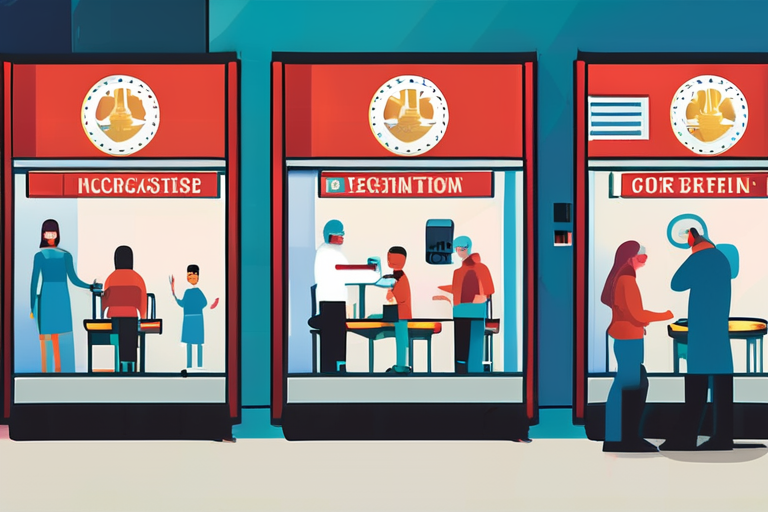


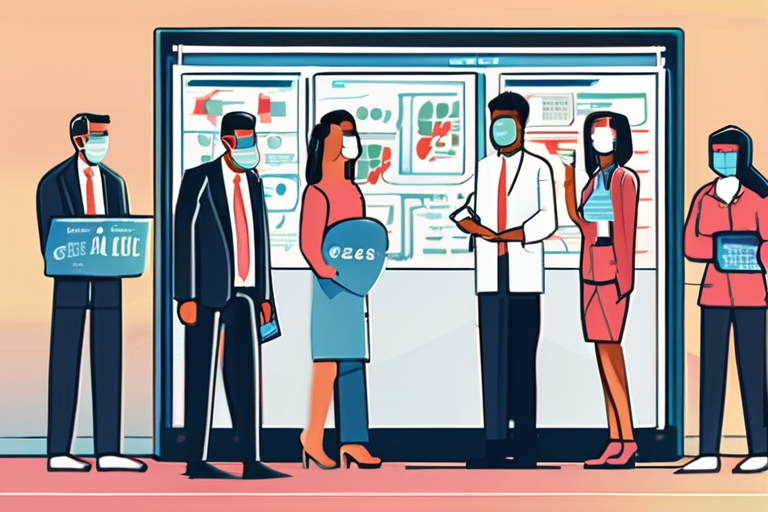

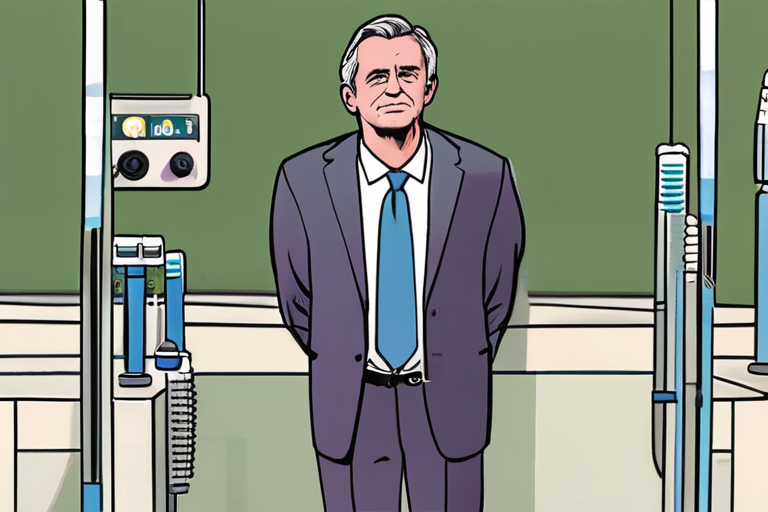
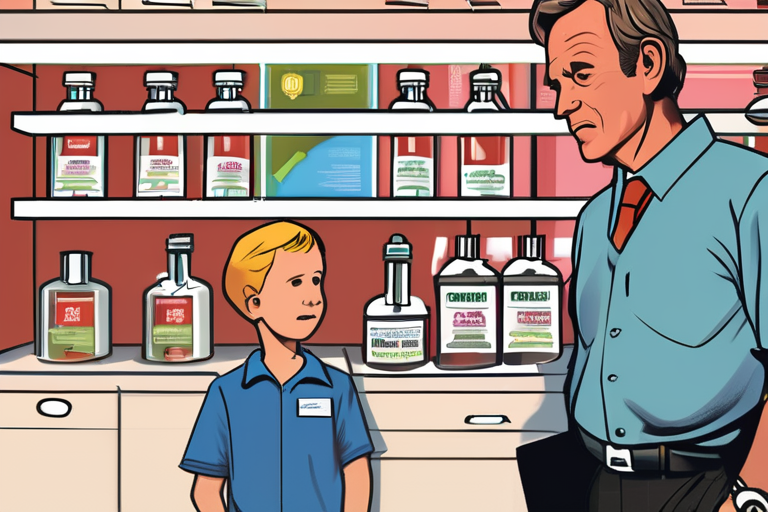
Share & Engage Share
Share this article